Description
Latin Name: Cetraria Islandica
Origin Country: Montenegro
Iceland moss is used for treating irritation of the mouth and throat, loss of appetite, common cold, dry cough, bronchitis, indigestion, fevers, lung disease, kidney and bladder complaints, and the tendency toward infection.
Some people apply Iceland moss directly to poorly healing wounds.
In foods, Iceland moss is used as an emergency food source in Iceland.
In manufacturing, Iceland moss is used as a flavoring in alcoholic beverages.



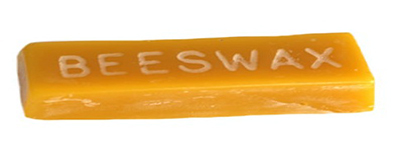

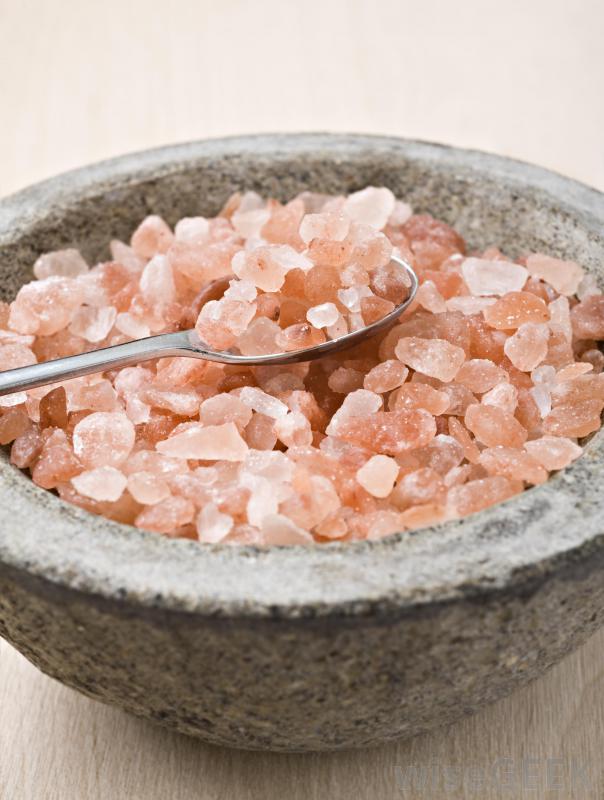
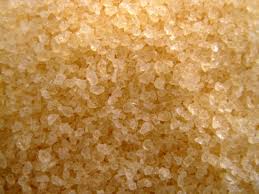

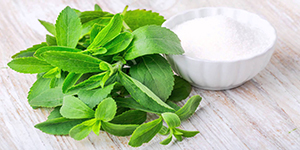

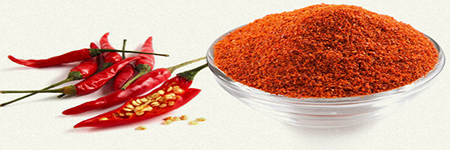
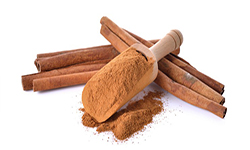
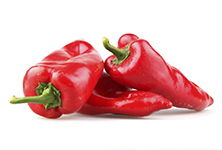







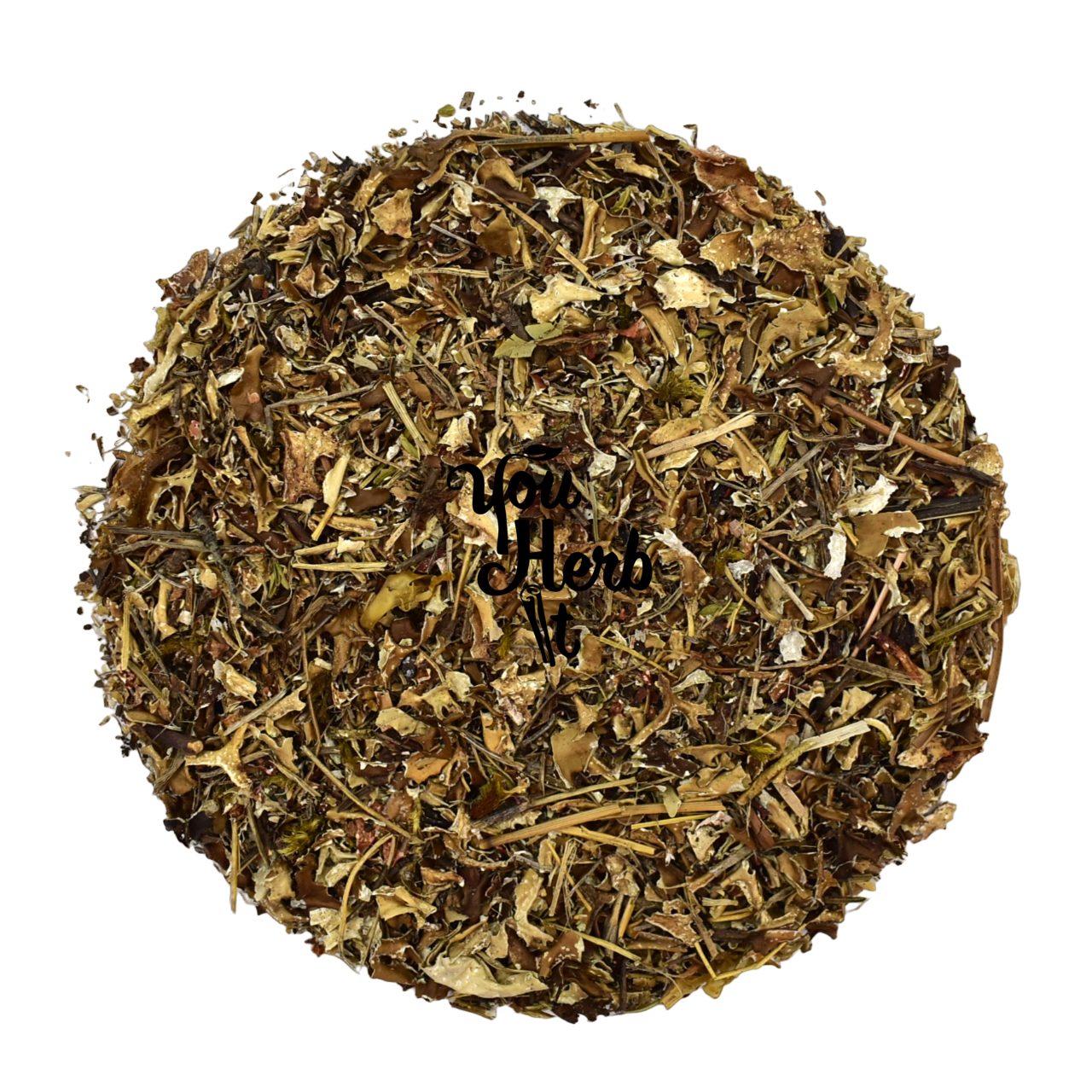
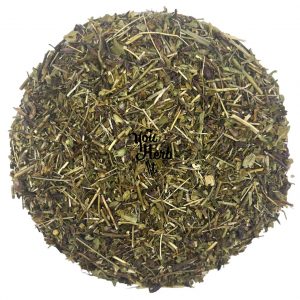
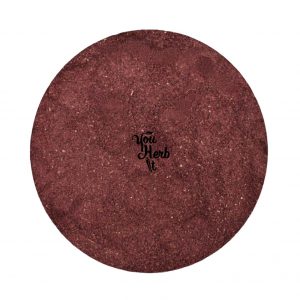
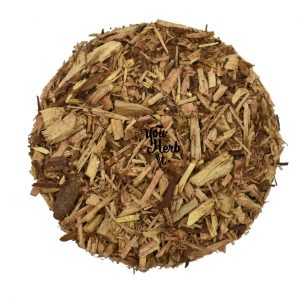
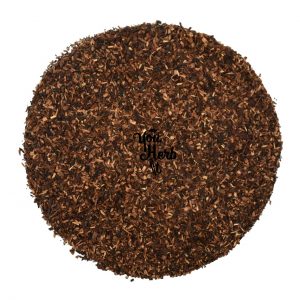
Reviews
There are no reviews yet.